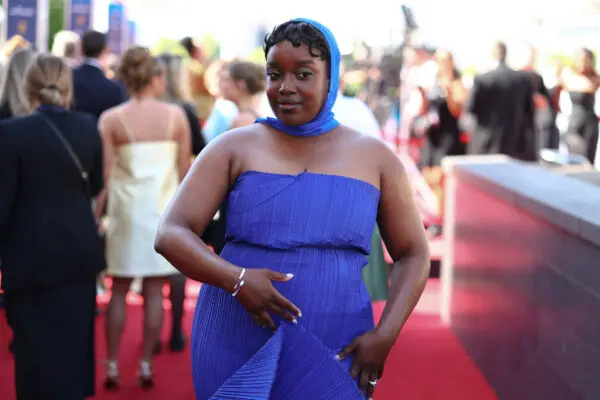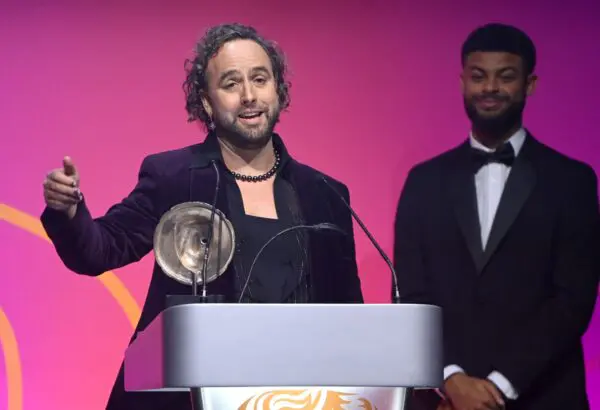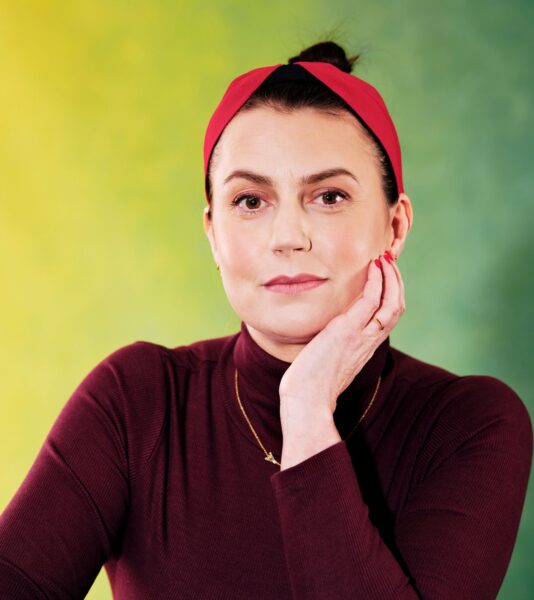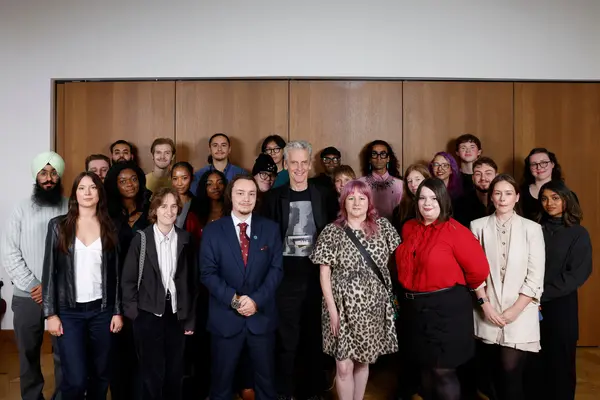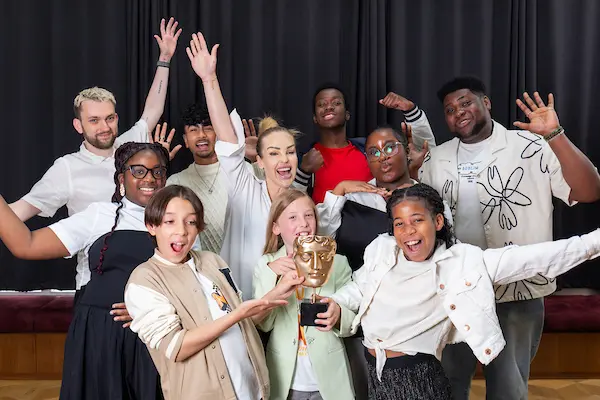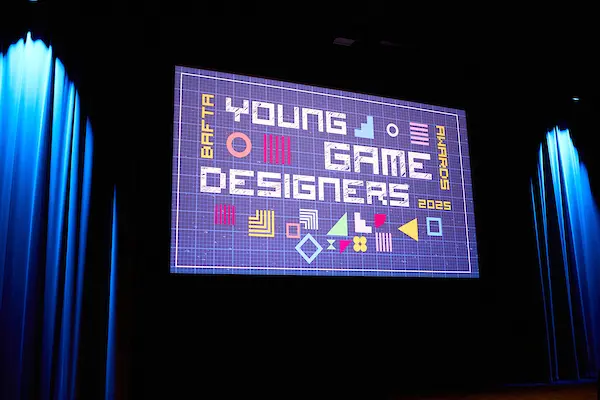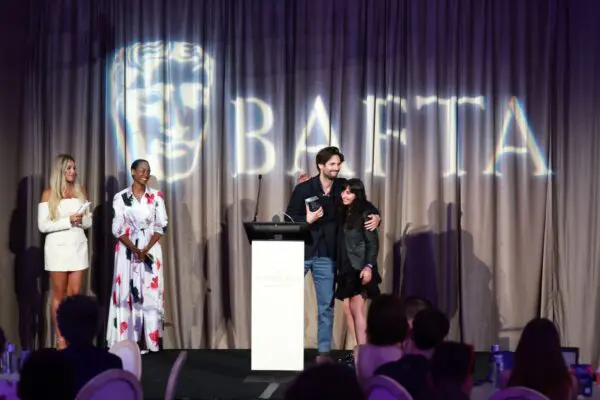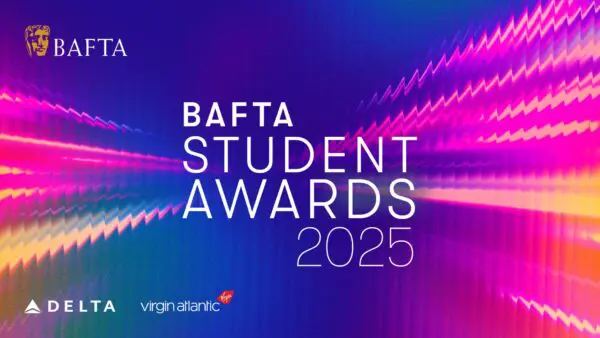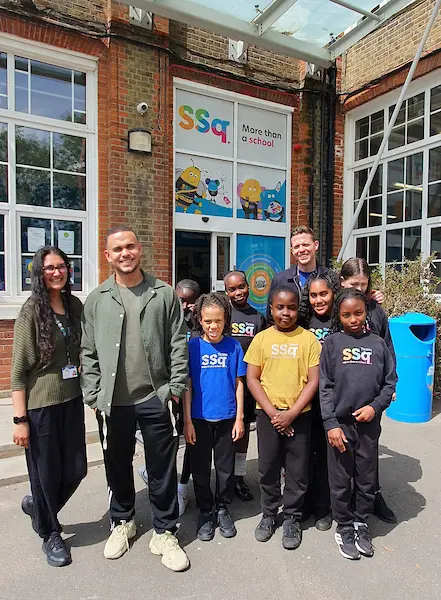2011 was undoubtedly the year of attention-grabbing structured reality, starting with The Only Way Is Essex winning the BAFTA YouTube Audience Award. Made in Chelsea and Desperate Scousewives have since followed, sharing every intimate detail with the viewer. These innovations come straight out of the reality TV toolbox, are reviled by many documentary purists, and have changed the way that documentary stories are captured and told.
Questions will include: Is structured reality part of the documentary family? If so, what part are the programmes playing in telling stories and evolving the genre? How have new ways of making programmes affected television’s choice of subject areas, the kind of contributors who take part, and the authenticity of their contribution? Have recent innovations lead to greater truth or have they further blurred the line between fiction and reality? Most importantly, how are these different approaches to telling stories about the world changing the grammar and craft of documentary filmmaking?
The session will be chaired by Simon Dickson (Creative Director at Dragonfly Film & Television Productions), with panellists Molly Dineen (BAFTA Award-winning documentary filmmaker), Claire Faragher (series producer and executive producer The Only Way is Essex series 1 and 2), Brian Hill (BAFTA Award-winning documentary and drama filmmaker and Managing Director Century Films), Richard McKerrow (Creative Director, Love Productions) and Jess Search (Chief Executive, The Channel 4 BRITDOC Foundation).
Chair of BAFTA’s Television Committee Andrew Newman says: “While structured reality shows can get huge ratings and really strike a chord with the audience, they really divide opinion. With a significant amount of people either loving or loathing them both editorially and in terms of their production methods, this promises to be a very lively contemporary debate.”
BAFTA’s Head of Learning and Events Tim Hunter says: “The Debate Strand will become an increasingly important one for us at BAFTA as we develop the Academy as a neutral space for dialogue about the important issues to the creative industries. BAFTA’s Television Committee has really led the way in developing this strand with recent debates including My BBC in 10 Years’ Time and Investigating the Investigators: the Ethical Dilemma in TV Journalism. Our recent BAFTA Games Question Time was livecast through our new learning site BAFTA Guru, which was a triumph.”
BAFTA TV Debate: Is structured reality corrupting documentary? will take place on Tuesday 17 April 6:45-8.15pm BAFTA, 195 Piccadilly. Tickets are available via the link below:
_>BAFTA television debate tickets_
The debate will be livestreamed at www.bafta.org/guru and can be followed on Twitter at #TVDebate.
More Information
For further information, please contact Kindred
Hollie Rendall: [email protected] / 0207 010 0829
Elizabeth Porter: [email protected] / 0207 010 0851
About BAFTA
The British Academy of Film and Television Arts is an independent charity that supports, develops and promotes the art forms of the moving image by identifying and rewarding excellence, inspiring practitioners and benefiting the public. In addition to its Awards ceremonies, BAFTA has a year-round Learning & Events programme that offers unique access to some of the world’s most inspiring talent through workshops, master classes, lectures and mentoring schemes, connecting with audiences of all ages and backgrounds across the UK, Los Angeles and New York. BAFTA relies on income from membership subscriptions, individual donations, trusts, foundations and corporate partnerships to support its ongoing outreach work. For further information, visit www.bafta.org / www.bafta.org/guru.
